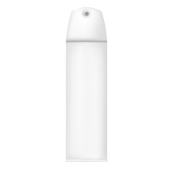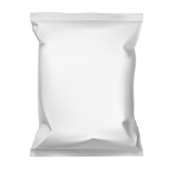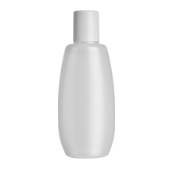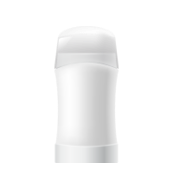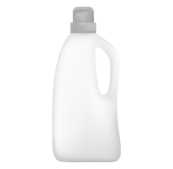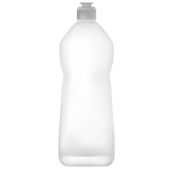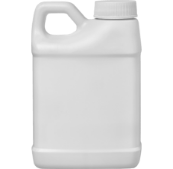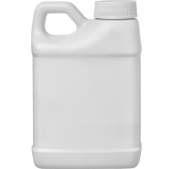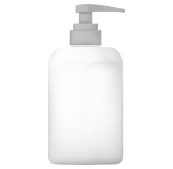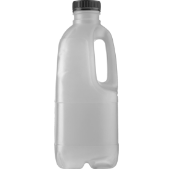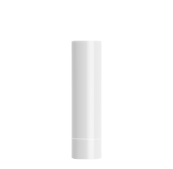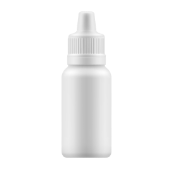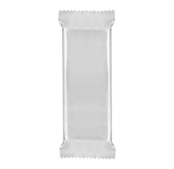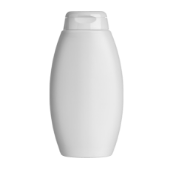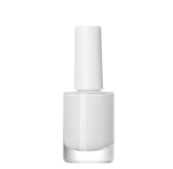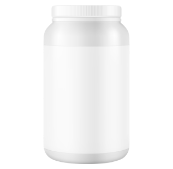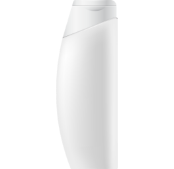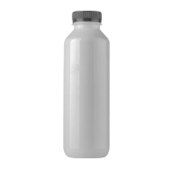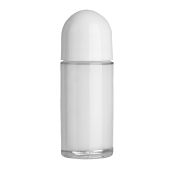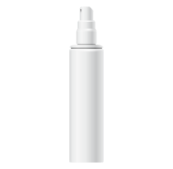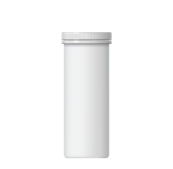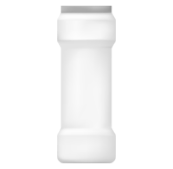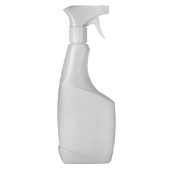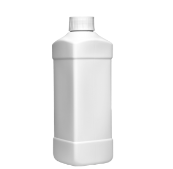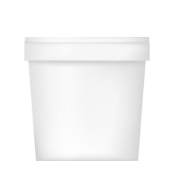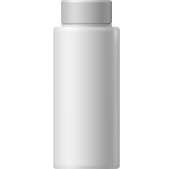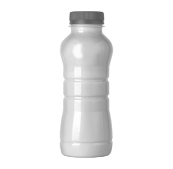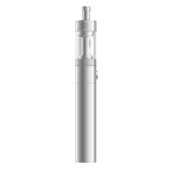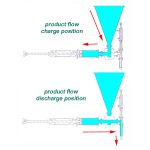In today's rapidly evolving world of manufacturing and packaging, efficiency and accuracy are paramount. Product labeling machines have emerged as indispensable tools, revolutionizing the way products are labeled and packaged.
This guide will equip you with essential knowledge about product labeling machines, including their types, functionalities, and applications. We'll explore the underlying technology, discuss integration options, and provide expert tips on maintenance and troubleshooting. Whether you're a small business owner or part of a large-scale operation, this guide will empower you to optimize your labeling process and enhance your overall productivity.
What is a product labeling machine?
A product labeling machine, also known as a label applicator or labeler, is a device used to apply labels to various products or packages. It is commonly used in manufacturing, packaging, and distribution industries to streamline the labeling process and improve efficiency.
Product labeling machines can handle a wide range of label types, including adhesive labels, stickers, barcodes, QR codes, and product information labels. They are capable of applying labels to different product surfaces such as bottles, jars, boxes, cans, packages, and more.
Many labeling machines offer additional features and customization options, such as the ability to print variable data on labels (e.g., batch numbers, expiry dates) or apply front and back labels simultaneously. They may also include sensors and optical systems to detect the position and orientation of the product, ensuring precise label placement.
Product labeling machine videos
Are you currently in the market for a product labeling machine? VKPAK offers a comprehensive selection of machines designed to optimize and streamline your packaging operations. Our package labeling machines are capable of efficiently printing, applying, and dispensing labels onto various types of containers. We provide both automatic and semi-automatic labeling equipment, which have a proven track record of safety and effectiveness. Whether you are setting up a new production facility, expanding your product range, or looking to upgrade older equipment, our product labeling machines will significantly enhance your product packaging processes.
Our range of product labelers is highly versatile and suitable for a wide array of applications, including round, flat, square, top and bottom, bag, tapered and non-tapered containers, as well as print and apply functionalities. By utilizing our product labeling equipment, you will experience improved efficiency and speed in packing your products, while also reducing labor costs. To give you a better understanding of our machines, we have provided a selection of product labeling machine videos below.

Automatic Hand Sanitizer, Disinfectant Labeling Machine

Bag Labeling Machine

Automatic Horizontal Sticker Labeling Machine

Automatic Top and Bottom Labeling Machine

Sausage Labeling Machine

Wine Bottle Labeler Machine

VK-SSL Automatic Shrink Sleeve Labeling Machine For Water Bottle

Syringe Labeling Machine
Types of product labeling machines
There are several types of product labeling machines available, each designed for specific labeling requirements and product characteristics. Pressure-sensitive labelers apply adhesive-backed labels, while sleeve labelers use shrink or stretch sleeves. Hot melt glue labelers utilize hot melt adhesive for label application, and roll-fed labelers are ideal for cylindrical or conical containers. These machines automate the labeling process, enhancing efficiency and ensuring accurate placement of labels on products.
Click on the following article to learn more about the types of product labeling machines.
Product labeller equipment common applications
VKPAK's range of labeller series has established a solid reputation across various industries, including industry, logistics, and retail, for their exceptional performance in relevant applications. Our labellers excel at efficiently applying self-adhesive labels to a diverse range of containers, including rectangular and cylindrical shapes. Whether you need to label bottles, cans, ampules, vials, or even special formats like pallets and cardboard boxes, our labellers are designed to handle them with precision and efficiency. We understand the unique requirements of different packaging formats, and our labeller series are specifically engineered to meet those demands effectively.
Solutions Based On Products
Solutions Based On Label Application
Solutions Based On Industries
- Aerospace
- Agriculture
- Appliances
- Automotive
- Beer, Wine, and Spirits
- Beauty & Cosmetics
- Chemicals
- Computer
- Construction
- Consumer Products
- Electronics
- Food & Beverage
- Home Goods
- Home Improvement
- Horticulture
- Light & Heavy Manufacturing
- Medical Supplies
- Metal Working
- Office Furniture
- Packaging
- Personal Care
- Pharmaceuticals
- Plastics
- Transportation
How to choose a product labeling machine?
When selecting a product labeling machine, there are several factors to consider to ensure you choose the most suitable option for your specific needs. Here are some key points to keep in mind:
Labeling Requirements: Determine the type of labels you need to apply, such as self-adhesive labels, shrink sleeves, or RFID tags. Consider the size, shape, and material of your containers to ensure the labeling machine can handle them.
Production Volume: Assess your production volume and speed requirements. Different labeling machines have varying output capacities, so choose one that can accommodate your production demands efficiently.
Automation Level: Decide whether you need an automatic, semi-automatic, or manual labeling machine. Automatic machines offer higher speed and efficiency, while semi-automatic and manual machines are suitable for smaller operations or when flexibility is needed.
Labeling Accuracy: Precision is crucial to ensure labels are applied accurately and consistently. Look for machines that offer precise positioning and alignment mechanisms to avoid mislabeling or wastage.
Machine Flexibility: Consider the versatility of the labeling machine. Will it be able to handle various container sizes and shapes? Can it accommodate different label sizes and types? Flexibility is essential if you have a diverse product range.
Ease of Use and Maintenance: Look for a machine that is user-friendly, with intuitive controls and easy setup. Additionally, consider the maintenance requirements, such as cleaning, changing labels, and replacing parts, to ensure smooth operation.
Integration Capabilities: If you have an existing production line, check if the labeling machine can integrate seamlessly with your current equipment. Compatibility with other packaging machinery can enhance overall efficiency.
Budget: Determine your budget range and explore machines that offer the best value for your investment. Consider long-term costs, including maintenance, spare parts, and potential upgrades.
Supplier Reputation and Support: Research and choose a reputable supplier with a track record of providing quality labeling machines. Consider their customer support, warranty, and availability of spare parts.
By carefully evaluating these factors, you can make an informed decision and select a product labeling machine that meets your specific requirements and enhances your packaging operations effectively.
What are the advantages of product labeling machine?
Product labeling machines offer several advantages that significantly benefit packaging operations. Here are some key advantages of using a product labeling machine:
- Increased Efficiency
- Accuracy and Consistency
- Cost Savings
- One machine with multiple functions
- Reduce waste of labels and other materials
- Can be integrated into the production line
Summary
By investing in a product labeling machine, businesses can significantly enhance their efficiency, accuracy, and overall productivity. These machines provide cost savings through reduced labor requirements and minimized label wastage. With their versatility, they can accommodate various container shapes, sizes, and label types, allowing businesses to adapt to diverse packaging needs. The integration capabilities of labeling machines further streamline production lines, optimizing workflow and reducing handling times. Moreover, the incorporation of quality control features ensures label accuracy and compliance with regulatory standards, safeguarding product quality and customer satisfaction. Whether it's improving productivity, reducing costs, or maintaining impeccable quality control, a product labeling machine is an indispensable tool for businesses seeking to elevate their packaging operations to new heights.
If you are looking for labeling machines for your products, please contact us, we will provide you with the most reasonable labeling solutions. We not only offer quality equipment, we listen, we adapt to your needs. We offer advice, we look for the best approach to your project. We recommend the most cost effective equipment without sacrificing quality. It is our responsibility to ensure that all our customers receive every attention to detail to make the installation successful, cost-efficient and profitable.

